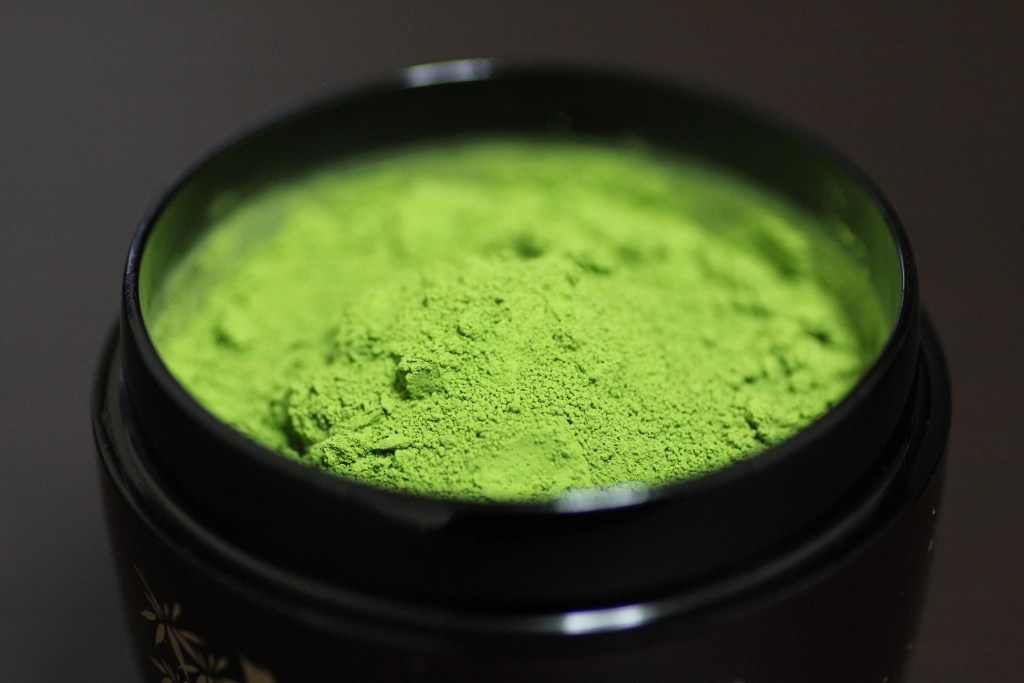Switch out coffee for matcha for the sake of your health (thenewdaily.com.au)
It’s not everyone’s cup of tea, but it’s packed with antioxidants and could be good for you, which is why matcha has been on the rise for years, not only in Australia but around the world.
According to Britannica, the powdered green tea was introduced to Japan in the 1100s by a Zen Buddhist monk who studied in China and then brought back seeds and knowledge of how to prepare the drink.
Zen Buddhists then developed a new way to grow the tea leaf plant, by keeping it in shade, which is thought to be behind the health benefits of matcha.
To this day, matcha is derived from the shrub, Camellia sinensis, which is used for your standard green tea.
Japan is the world’s biggest exporter of matcha and it is still used in tea ceremonies but in recent years the drink has become more widely accessible around the world.
Vibrant green in colour, it’s not hard to spot a matcha and some celebrity fans are eager to share why it is their preferred caffeinated drink.
In a cover story for SELF, actress and Goop founder Gwyneth Paltrow said an iced matcha latte with almond milk was how she preferred to get her caffeine fix.
There are also photos of model and it-girl Bella Hadid holding a matcha while out and about, so it’s not surprising others would follow her lead.
These days, it’s widely available at most cafes, but for those wanting to make their own, there are plenty of powders that can be purchased. It’s also become a popular flavour for deserts and is now being used in skin care.
What does it taste like?
Traditionally, the powder is prepared with just hot water, not boiling, but it can also be enjoyed with milk, though some warn by doing so you can lose the flavour.
A fair bit of preparation goes into making matcha. Usually the powder is added to hot water and is then gently beaten with a bamboo whisk.
The benefits of matcha
Because matcha uses the whole leaf in its powder form, some believe it may be more beneficial than traditional green tea.
While matcha has less caffeine than coffee, it does have more than green tea, so it could be good for an afternoon pick-me-up and it also might help boost brain function.
One study concluded matcha “may have a beneficial effect against cognitive decline in clinically normal elderly women” and there has been some suggestion it can help reduce anxiety and stress.
Because the plant used to make matcha is grown in the shade, it is rich in catechins, which are natural antioxidants and can help prevent cell damage.
There have also been studies which suggest that matcha can prevent liver damage or decrease the risk of liver disease. Additionally, Healthline reported that matcha contains some compounds which have been linked to cancer prevention.

Matcha might be even more beneficial than green tea.
Just like green tea, matcha might also be beneficial for another organ, the heart, Healthline reported. Both beverages could potentially decrease several heart disease risk factors.
While there are plenty of articles pointing to the benefits of matcha, researchers from the UK stated in an article for The Conversation there needs to be more studies to full realise its benefits.
“But if you’re someone who likes to start their day with a cup of tea or coffee, you may want to consider switching to matcha,” they wrote.
“Not only is this a great way to get your caffeine fix, but it may also potentially have other benefits to your health. Between 2-4g of matcha a day (equivalent to 2-4 cups) may be enough to get some of these reported benefits over time.”
Comments
Post a Comment